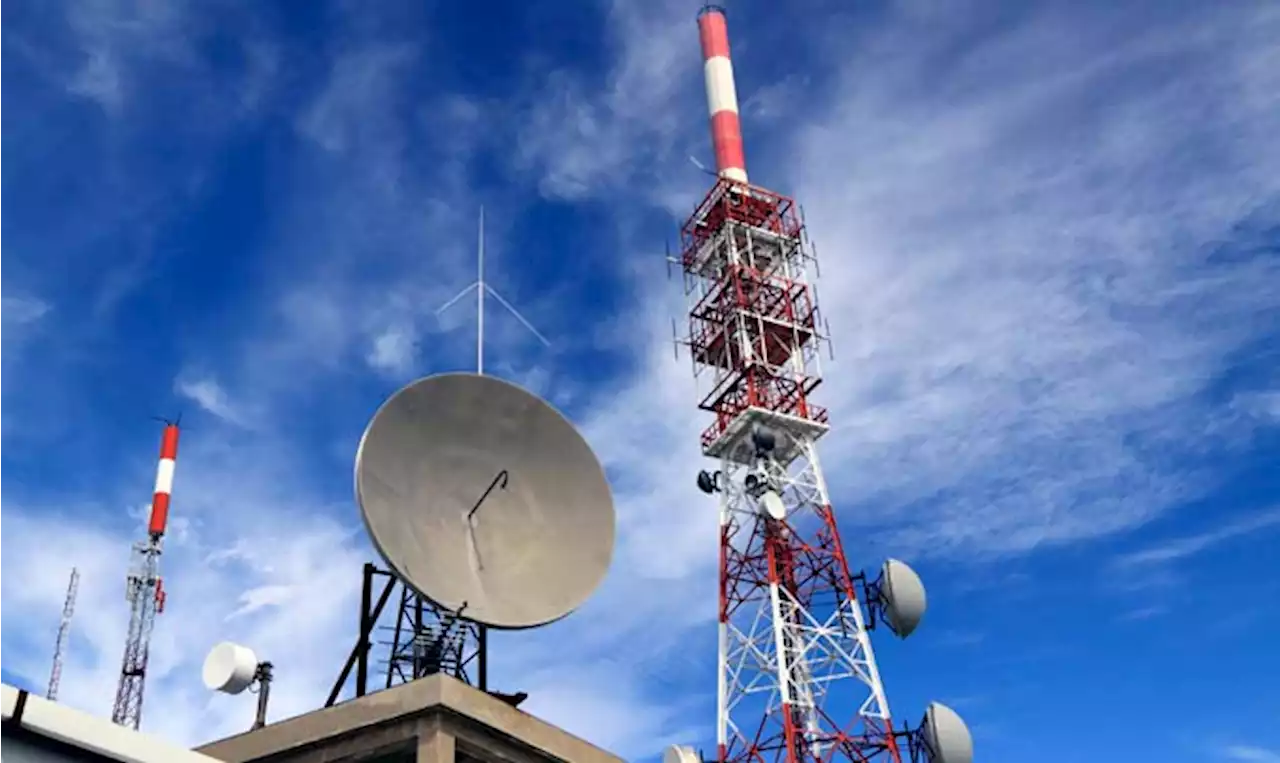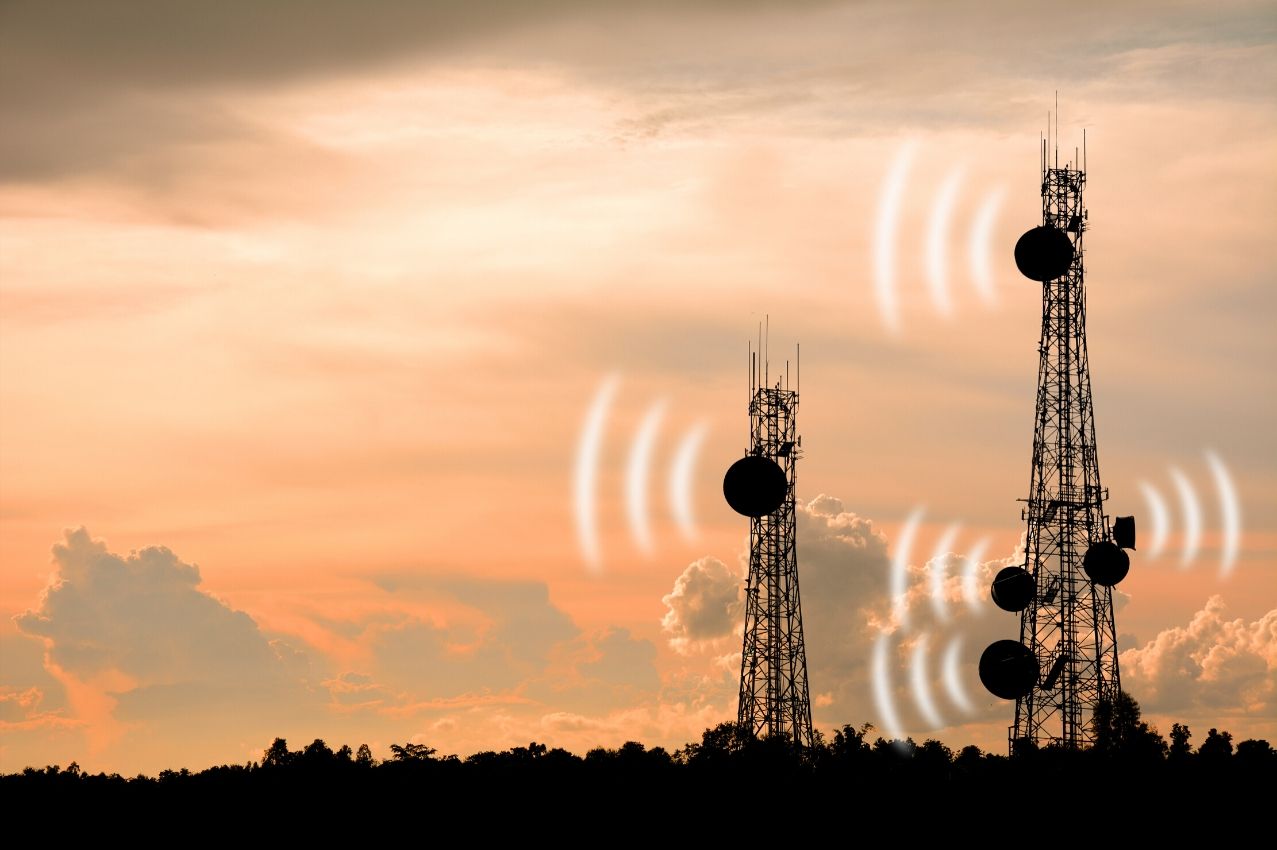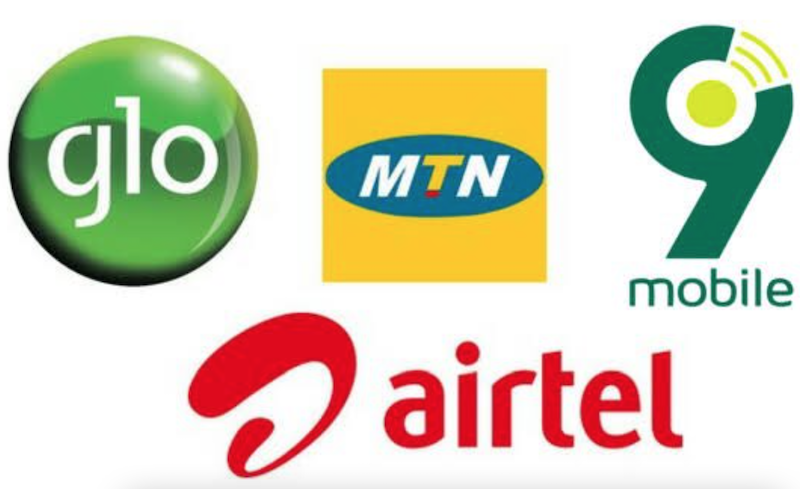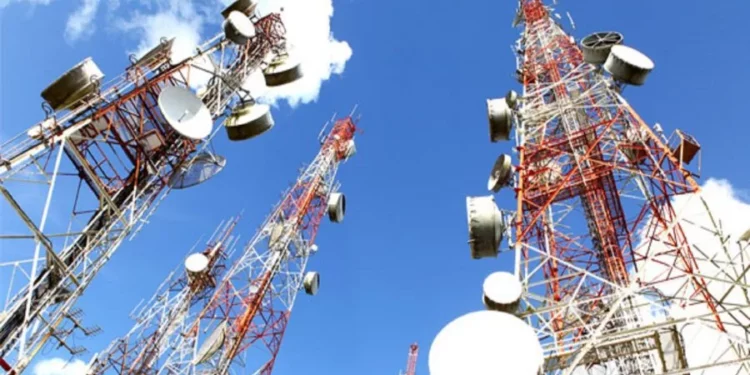Just when you think you have seen it all, something happens to convince you very strongly that all that journey is a circlical movement which has not taken you far from the point of departure at all. Like peddling away on a stationary bicycle at a fitness centre. Or expending so much energy and achieving very little result.
Is that the story of the nation’s telecoms industry? Just when you think so much progress has been made in the industry, something happens immediately to question your claim.
My friend is on a little get-away at the moment. Each time he calls home, the family members have to be moving from room to room searching for signals. Just like it was at the advent of the GSM era when people had to climb trees in some rural areas or look for high grounds in search of signals in order to make calls. One of my friends comes from one of those locations. They were even lucky. They had signals to search for. Some didn’t have any.
Frustration, because of drop calls and very bad data and WhatsApp connections, is hitting fever pitch. As it was in the beginning…..
Quality of service (QoS) has remained a perennial problem in the telecommunications industry and the experience has spinned out of control in the past few months with all kinds of reasons and excuses being adduced.
So much has been written on this subject. Some actions have been taken by the regulator, the industry and even the government, and the journey is not half way done. Whether it is increasing tariffs, appealing to states to waive right of way (RoW) charges, or taking some other regulatory measures, it’s all about quality of service and improving the quality of experience by subscribers.
Within the week, I typed quality of service into my rack and lots of materials tumbled out. Just from this writer alone, not from the entire media ecosystem in the country, including writings by some of my colleagues who have tended to carry the weight of the industry on their shoulders; at times making suggestions on how to grow the industry. It has always been about quality of service.
But it can be very exhausting, to write on the same topic over the years and you are not sure anymore if anybody is reading. Is this how frustrating it can be for a writer? Now I understand the experience of Okinba Launko. Years ago when Cordelia was being run in Daily Times and The Guardian by my mentor and friend, Prof Femi Osofisan (Okinba Launko), I had told him excitedly that the column was a must read every Sunday.
Expressing surprise, he told me that he was almost stopping it as it didn’t appear anybody was reading, as there were no responses. It is heart-warming that venerated film director, Tunde Kelani, has turned the novella into a movie. It would never have happened at all. I can vouch for Kelani’s attention to details.
Again, it is always about quality of service and the issue remains stubbornly. Let’s return to the materials on the rack. The first material was published with the title, A friend and his Nokia in a challenging telco environment, on May 17, 2022.
“My friend lives in the Federal Capital Territory (FCT) and naturally feels entitled to the good things coming from the seat of government; or modified slightly, feels entitled to the enhanced quality and bounteous provisions for the status of a country’s capital, the way other capitals of other countries of the world are treated. By way of living the life, he used to walk with some kind of gait, a little swagger which unfortunately has been humbled by reality. Yes, reality is a metaphor that sticks closer than the skin.
“My friend called me within the week and was effusive at the other end but reality intruded. The phone simply went dead while he talked on. When we reconnected much later after several attempts from both ends, the first words that left his mouth was, “I am returning to my Nokia 3310.” For me the laughter came very naturally and then, of course, irony quickly obliterated it.”
This other quote is taken from another material published on November 1, 2023, under the title: For Telecoms and Broadcasting, let the eagle perch and services improve.
“The flipside is that for an industry that has operated at peak level for over twenty two years, it is difficult to continue to plead excuses. As my old man would say, it is only the lazy farmer that would attribute failure to his farming implements. The telecoms subscribers in Nigeria need action and improved service delivery and not excuses about the Nigerian operating environment that has nearly turned inside out.”
There are several other materials that can be taken from the rack, all on quality of service, and the story has hardly changed. How can an industry enjoying a boom suddenly hit a nadir? As it was in the beginning……
The other day, it was the regulator instructing operators to always report service disruptions on their networks, including force majeure. A protracted outage would attract some compensation and even sometimes, punishment. So, how do you hold an operator responsible for a cable damage somewhere deep in the south or a bandit activity on the network somewhere up north. I would never understand that but failure on the network continues. As it was in the beginning……
Perhaps as an intervening exemplification of the complexities of the the challenges confronting the industry, the Association of Licensed Telecommunications Operators of Nigeria (ALTON), early July announced that some sudden migration on the platform of the National Identity Management Commission (NIMC), has impacted all the mobile networks, causing some troubling confusion, including service delivery. Although the exercise is claimed to have been concluded successfully, my experience on the various networks does not validate that claim. As it was in the beginning…….
Ikenna Ikeme, General Manager, Regulatory Affairs at MTN, has also added a cautionary voice. Speaking at the MTN Media Innovation Programme in Lagos, he appealed to Nigerians to take telecom infrastructure as national assets that shouldn’t be vandalised no matter the situation, pledging that MTN intends to remain, to grow, and to keep contributing positively to the nation’s development.
As you can see, quality of service remains an issue. As it was in the beginning….
The government seems to be throwing everything in the ring to mitigate the issue. Since June 2024, President Bola Ahmed Tinubu has signed an Executive Order declaring telecommunications infrastructure as Critical National Infrastructure that is protected by law, which also criminalises the activities of vandals. The government expects the law to be obeyed but that has not happened!
The regulator is taking some actions to reinforce the current thinking of the government. In a fresh campaign through a Facebook post, the NCC wrote: Protect our connectivity. Stop vandalism! Cutting telecom cables or damaging masts disrupts calls and internet access, putting lives, and businesses at risk.
Only those from the kingdom of the wicked will fail to agree with the NCC or even in their own wimp imagination, refuse to understand the ubiquitous importance of telecommunications. I appeal that we, at least, try to get one thing right. There is no road infrastructure connecting the states, no water, no light and no safety.
We can start from telecom. Let’s make it work, instead of adding it to the list of failures. It will be for our common good.








